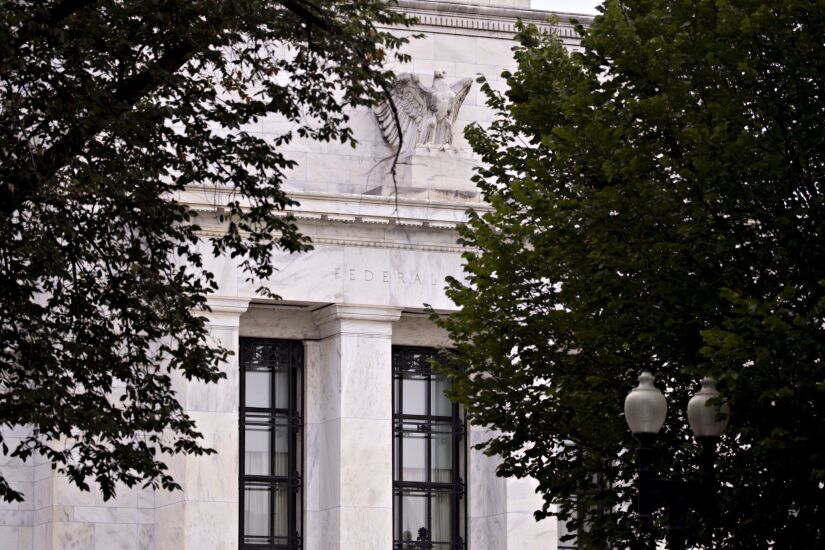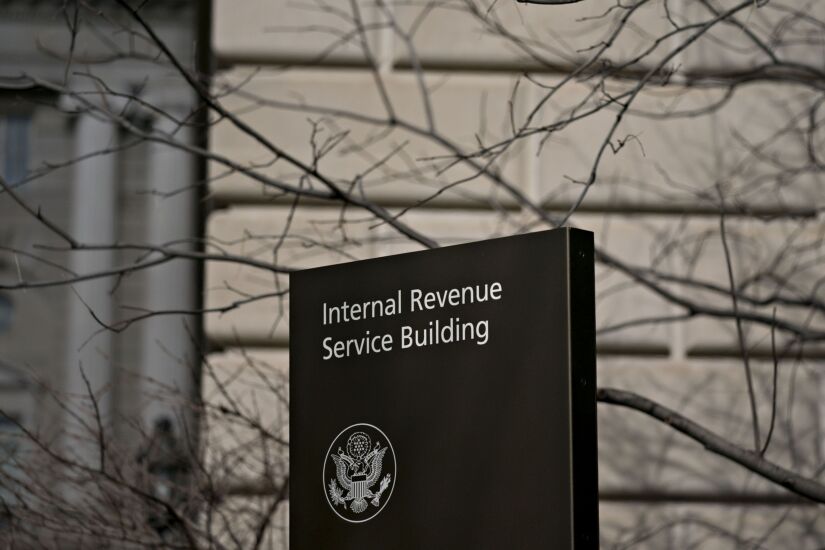By Hannah Lang, Neil Haggerty and Brendan Pedersen
WASHINGTON — The $3 trillion coronavirus relief bill the House was slated to pass as early as Friday is unlikely to become law, but provisions addressing the economic fallout of the pandemic — such as extending the Paycheck Protection Program and expanding Federal Reserve lending facilities — could be on the table in negotiations with the Senate.
The Democrats' ambitious Health and Economic Recovery Omnibus Emergency Solutions Act — or HEROES Act — would also suspend negative credit reporting, freeze consumer debt collection, expand the moratorium on evictions and foreclosures, and provide a safe harbor for financial institutions that service state-legal cannabis businesses. Yet those measures face an uphill battle in the GOP-controlled Senate.
But observers say the House legislation will help advance discussions with Senate Republicans who have been hesitant to provide any additional coronavirus relief. Federal Chairman Jerome Powell pleaded to Congress Tuesday to
“This here is the start of negotiations and I think the biggest boost to phase four came when Jerome Powell this week said more fiscal stimulus is needed,” said Ed Mills, a policy analyst at Raymond James.
James Lucier, managing director at Capital Alpha Partners, said some key components of the House bill have the potential to become law, particularly as it relates to PPP.
“They will probably ... extend the life of the Paycheck Protection loan program and reconfigure it,” Lucier said. “But other than kind of the core policy goals, I think the details are fungible.”
Toronto-Dominion Bank plans to give most employees the option to return to the office this month and is aiming for workers to officially transition to their new working models by June.
The Biden administration once again extended the pause on student loan payments enacted to help borrowers during the COVID-19 pandemic, this time through the end of August.
Employees will still have some flexibility to work from home, but are strongly encouraged to collaborate with colleagues in person, according to people familiar with the matter.
Other provisions of note in the legislation include forbearance for all covered mortgage loans, $100 billion in emergency rental assistance, and additional support for Community Development Financial Institutions and Minority Depository Institutions.
The legislation also makes use of the Fed’s ability to prop up lending facilities. It would make nonprofits eligible to participate in the Main Street Lending Facility, and keep the Fed’s Municipal Liquidity Facility operational through the end of 2021. The House would also set up a Fed facility for debt collectors that lose income due to forbearance provisions.
Senate Majority Leader Mitch McConnell indicated that any additional coronavirus stimulus will be narrowly focused on the pandemic.
“This is not a time for aspirational legislation, this is a time for practical response to the coronavirus pandemic,” Senate Majority Leader Mitch McConnell said in a press release. “And so, we're going to insist on doing narrowly targeted legislation.”















